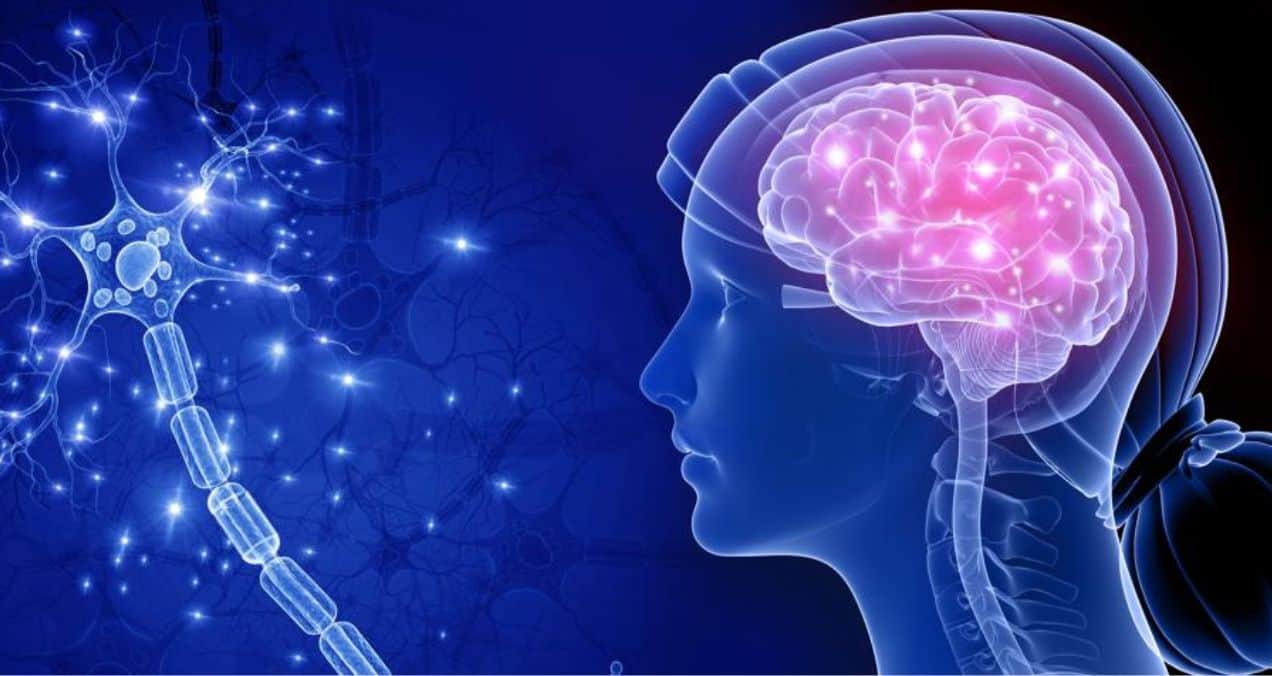Recent research indicates that estrogen plays a crucial role in brain health, and its reduction after menopause is associated with an increased risk of neurodegenerative diseases such as Alzheimer’s.
Laura Guio
October 31, 2024 | | Reading Time: 4 min
A Danish study showed that women who used hormone therapy had a 24% increased risk of dementia. Photo: Vanguardia
The hormonal therapy has been the subject of debate in its relationship with women’s cognitive health. Although estrogen may offer benefits neuroprotectoresits use in menopause raises questions about the risk of dementia especially if it starts after 65 years. However, it can also relieve vasomotor symptoms and improve quality of life.
The Society of Menopause recommends individualizing treatment and considering the age and symptoms of each woman. The American Academy of Family Physicians suggests prescribing the lowest effective dose for the shortest duration needed.
Findings from recent studies
Several studies have provided valuable information. A Danish study showed that women who used hormonal therapy had a 24% higher risk of dementia. However, other studies suggest that estrogen alone does not increase the risk, while combinations with progestin may. The lack of data on prior HT use in many of these studies may make interpretation of the results difficult.
A Finnish study that compared 85.000 women diagnosed with Alzheimer and controls without diagnosis found that:
· The use of hormone therapyOral or transdermal (HT) increases the risk of AD.
· Age at the beginning of the therapy does not influence the increase in risk.
· The exclusive use of vaginal estradiol has no impact on the risk.
· Information on past HT treatment is limited, which may lead to “misclassification” and dilute the association between HT and dementia.
Hara explained: “Having severe menopausal symptoms, such as hot flashes, has been associated with increased brain amyloid pathology, which is the marker biological of the disease of Alzheimer. Therefore, we cannot rule out the possibility that women who have severe menopausal symptoms (who are more likely to take HT than those who have milder symptoms) have a higher risk of dementiaregardless of the use of HT,” he said.
Hara, the researcher, also noted that HT carries other risks, including thromboembolism venous, stroke, coronary heart disease and some cancers. “Some of these effects on vascular health could contribute to the risk of dementia“he suggested.
Current guidelines on hormonal therapy
The current recommendations of the Society of Menopause suggest individualizing the treatment of HT, highlighting that it should be preferable in women under 60 years of age or within 10 years after surgery. menopause.
The relationship between the benefits of HT and the potential risks of dementia is more favorable in this group, while in older women, the risks may outweigh the benefits.
Outlook for the future
The doctor Srilatha Raghuram cautions that definitive conclusions about causality cannot be drawn from observational studies. Despite concerns about the use of hormonal therapysome experts suggest that the treatment can be beneficial if used appropriately. The investigation continuous therapy is essential to clarify the relationship between therapy hormonal and the risk of dementiaespecially in women experiencing severe menopausal symptoms.
Source consulted here


